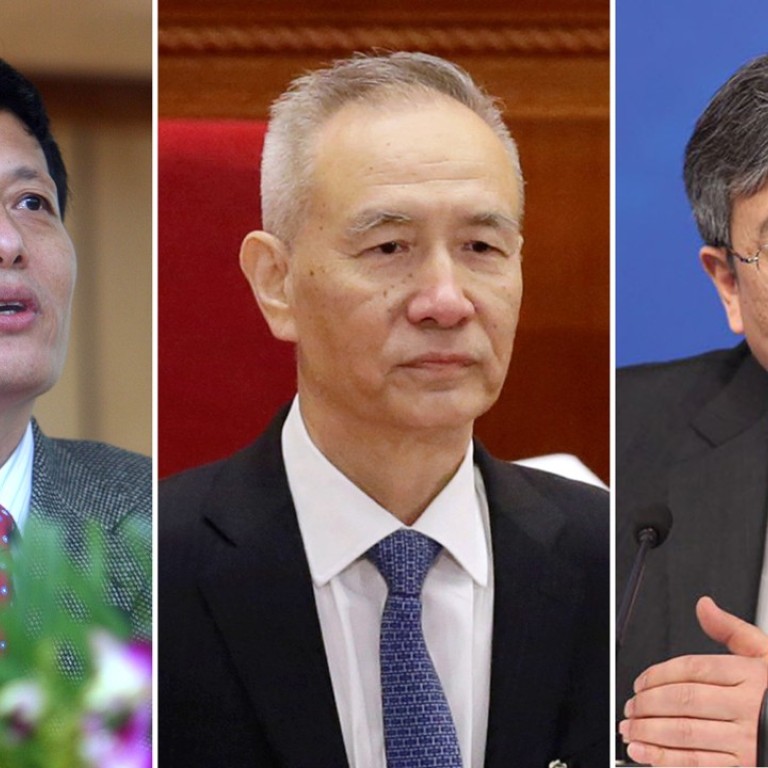
Analysis | Who are the front runners to take over the driver’s seat at America’s biggest creditor?
There’s a favourite, a possible and an outsider, but all have the same mission in mind: to finish ongoing reforms on interest and exchange rates, while maintaining China’s stability and adoption of a bigger global role
The new governor of the People’s Bank of China (PBOC) – to be announced next Monday – will be imbued with more power to extend the country’s ongoing programme to liberalise interest and exchange rates, juggling those reforms with the challenge of maintaining stability and adapting to a bigger global role.
In the biggest revamp in government structures since the establishment of the People’s Republic, the State Council - China’s cabinet - on Tuesday proposed merging its current banking and insurance regulators into one, while moving part of their functions, including drafting key regulations and prudential oversight, to the central bank. Some 3,000 legislators are scheduled to discuss the candidates for the governorship on Sunday.
Analysts said the dramatic shift will largely raise the PBOC’s status, while making the banking and insurance regulators the executors of policies, now to be set by the bank.
“By shifting power to the PBOC, it will help avoid conflicting policy signals sent from different regulators, and other problems brought about by cross regulation,” said Ma Jun, former chief economist at the central bank’s research bureau.
The final shortlist of front runners to win the bank’s top job are current Politburo member Liu He, the top economic adviser and close ally to President Xi Jinping, the PBOC’s current deputy governor Yi Gang and de facto major policymaker, and Xie Fuzhan, a veteran economist and now party chief of central China’s Henan province.
Liu, 66, is widely expected to become vice-premier, in charge of economic and financial affairs after the deliberations of the National People’s Congress (NPC), according to people familiar with the matter. That would put him on a par with Zhu Rongji, known for his tough approach to tackling what some saw as the economic chaos, when he was vice-premier and central bank governor between 1993 and 1995.
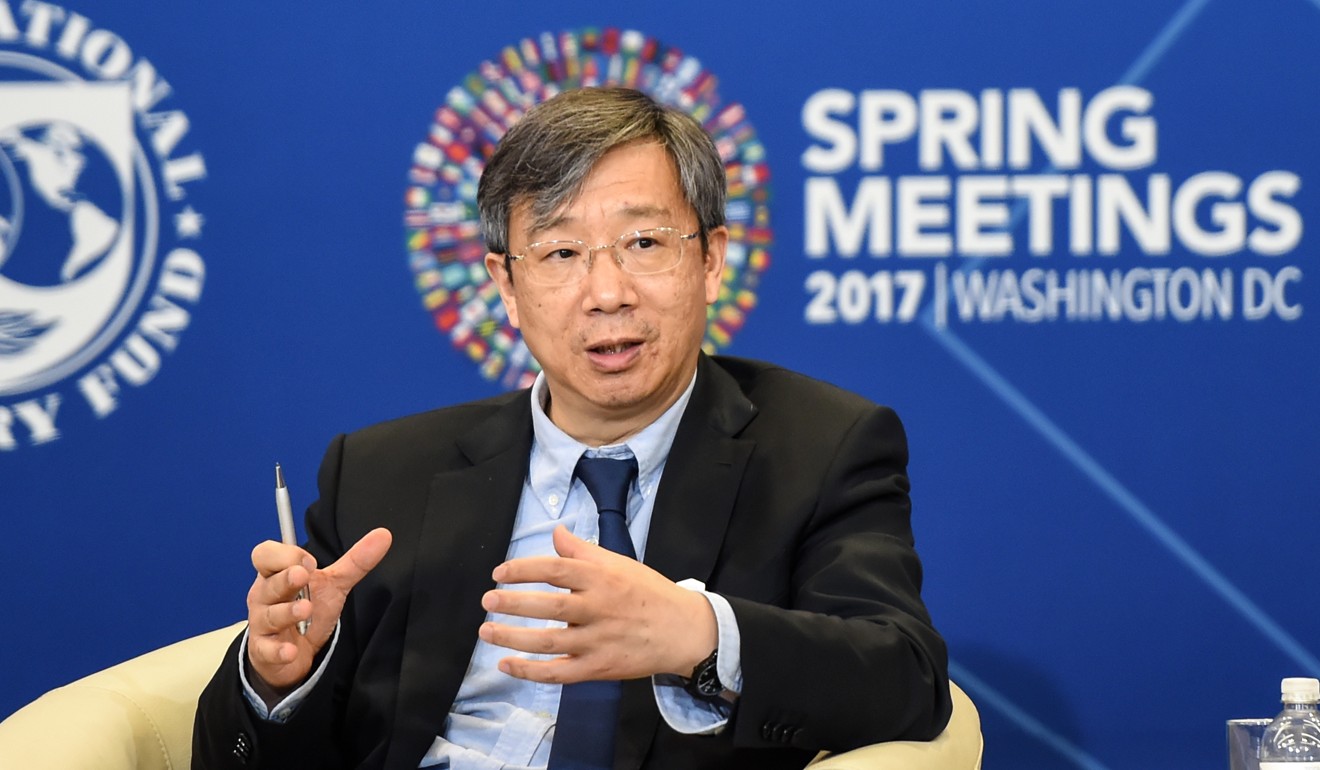
“The set up of the committee is a 100 per cent China invention that has no counterparts overseas,” said Zhou Hao, senior emerging markets economist at Commerzbank. “A political body that rides over the traditional financial regulatory regime, chaired by Xi’s top adviser and strong ally Liu He, will ensure a more centralised and consolidated decision-making process, and top-down implementation of the will from ‘the central’ [government in Beijing].”
That leaves deputy governor Yi Gang, 60, the most likely successor to Zhou Xiaochuan as the next governor. Yi is a fluent English speaker, having spent eight years in the United States completing his doctorate in econometrics and teaching at Indiana University. His succession to Zhou - China’s longest-serving central banker - will allow for a smoother transition as he has already been making major decisions for the PBOC’s daily operation and is also a familiar face to overseas peers, economists said.
Xie Fuzhan, the 64-year-old Henan party chief and former statistician, also has an outside chance, having spent almost two decades at the research centre under the State Council.
He also used to be a member of the top internal economic think tank to the leadership, and like Liu was a member of the central bank’s monetary policy committee from 2006 to 2008. The committee, which recommends monetary policies to the leadership, is the country’s most prestigious advisory body on economic matters.
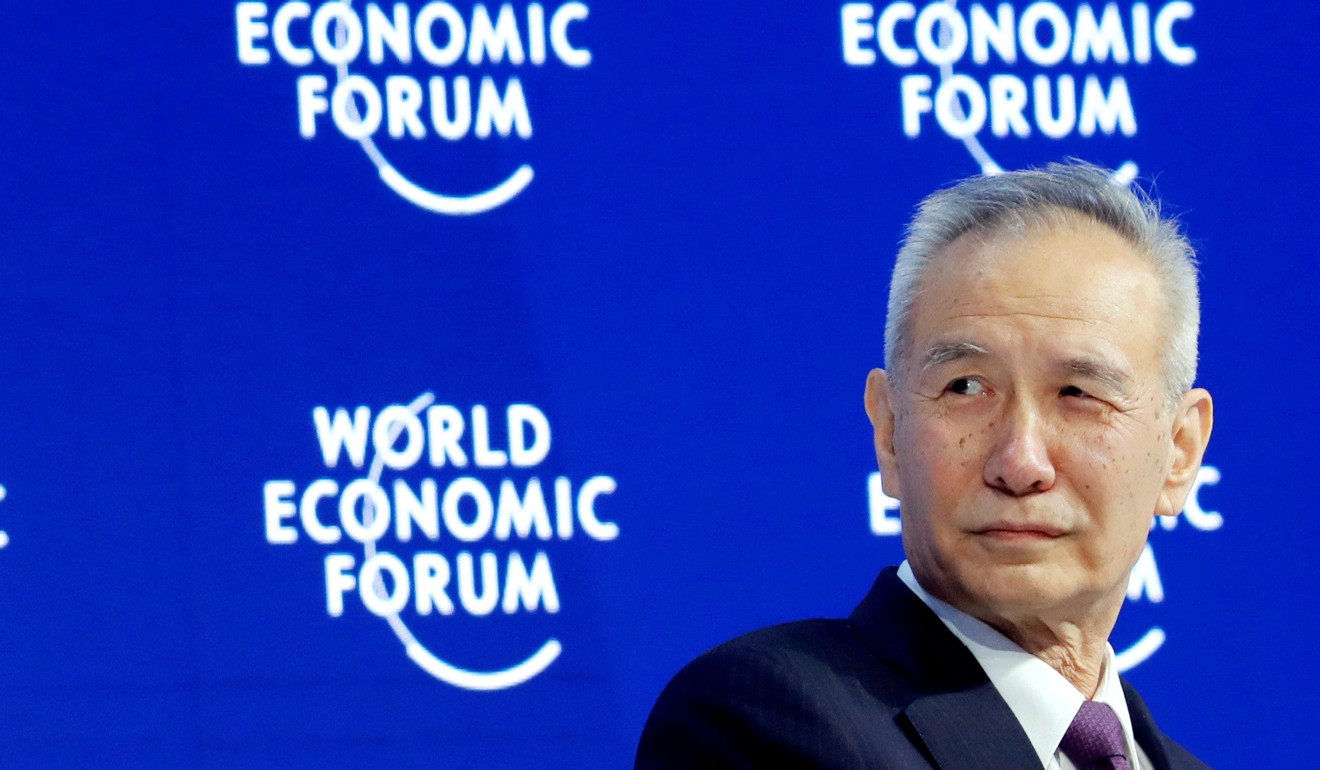
Xie studied at Princeton University, Harvard University, and the University of Cambridge. But some people argue he stands only an outside chance because his early career owed its allegiance to former premier Wen Jiabao. From 2008 to 2013 when Xie was heading the Cabinet’s research office, he was involved in drafting all major policy speeches by the premier.
Guo Shuqing and Jiang Chaoliang, two early candidates said to be in the running for the top central bank job, appear to have lost their chances, according to people familiar with the matter. Guo, a former foreign exchange administrator and top official in two Chinese province, also worked at the central bank, in addition to having worked in commercial banks. He is now most likely to become head of the merged banking-insurance regulator, sources said.
Jiang, a former executive at the China Development Bank and the Agricultural Bank of China, will most likely remain in his post as the top Communist Party official in Hubei province, continuing in the role he’d only taken over in October 2016 for more political experience, sources said.
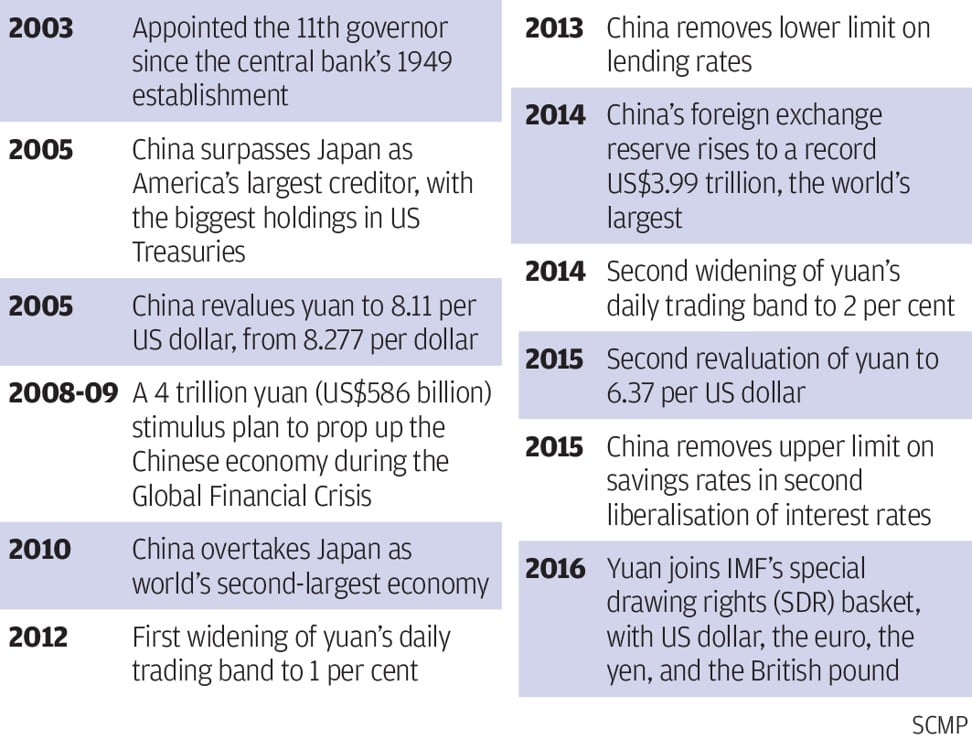
The biggest challenge faced by Zhou’s successor would be the taming of China’s freewheeling banking industry and ridding the sector of what the president called “systematic financial risks.”
China’s financial system is still awash with the spillover effects of the government’s 4 trillion yuan economic stimulus to prop up the economy after the 2008 Global Financial Crisis. Combined with China’s economic growth that averaged 9.2 per cent per annum, the banking system ballooned tenfold in value to 240 trillion yuan (US$38 trillion) during Zhou’s tenure. China’s economy surpassed Japan as the world’s second-largest, while the Chinese central bank amassed the biggest holdings of US Treasuries to become America’s No. 1 creditor nation -- all during Zhou’s tenure.
That expansion stems directly from a massive growth in debt, with the total public and private lending soaring to over 250 per cent of economic output.
“This expansion is increasingly viewed as problematic: the rapid pace of growth in bank assets has probably meant a lot of misallocation of resources and the creation of non-performing loans,” Chen said.
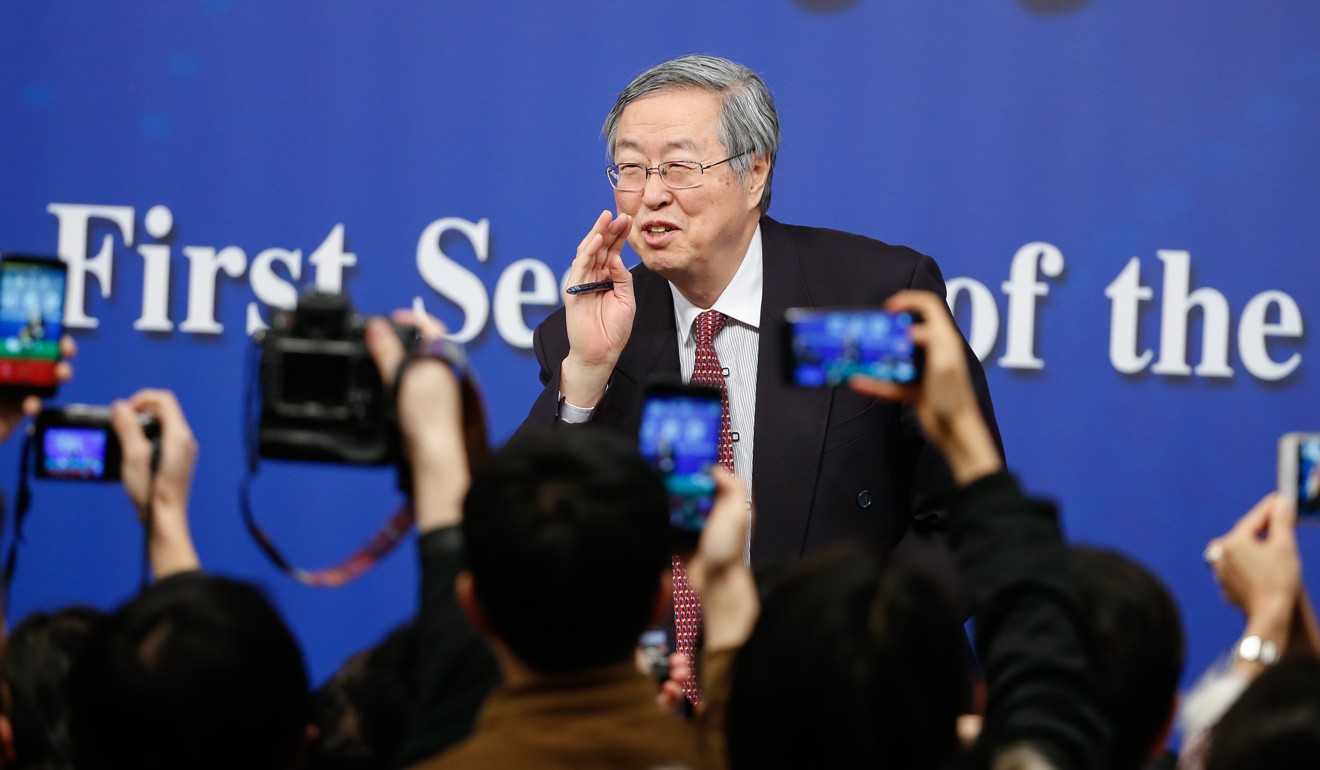
The new PBOC chief should avoid “miscommunication and errors” that could unintentionally scare or unnerve the financial markets, locally or globally, he added.
“Zhou himself found it difficult to balance the secretive nature of Chinese political decision-making with the demands of global financial markets, and this tension will only intensify for his successor,” Chen wrote in a report issued on Tuesday.
Zhou found it difficult to balance the secretive nature of Chinese political decision-making with the demands of global financial markets, and this tension will only intensify for his successor
According to a statement from the State Council, the Tuesday consolidation of the watchdogs will improve the current regulatory system which “was not clear on the division of responsibility” and help to “prevent any systematic financial risk”.
There is no mention yet of any concrete changes to the current stock market regulator, the China Securities Regulatory Commission (CSRC).
“Banks and insurers have expanded their shadow banking business over the past few years amid the liberalisation of China’s financial market, making their capital ratio compliance ambiguous,” said Commerzbank’s Zhou. “A coordinated regulatory [regime] will help rein that back.”
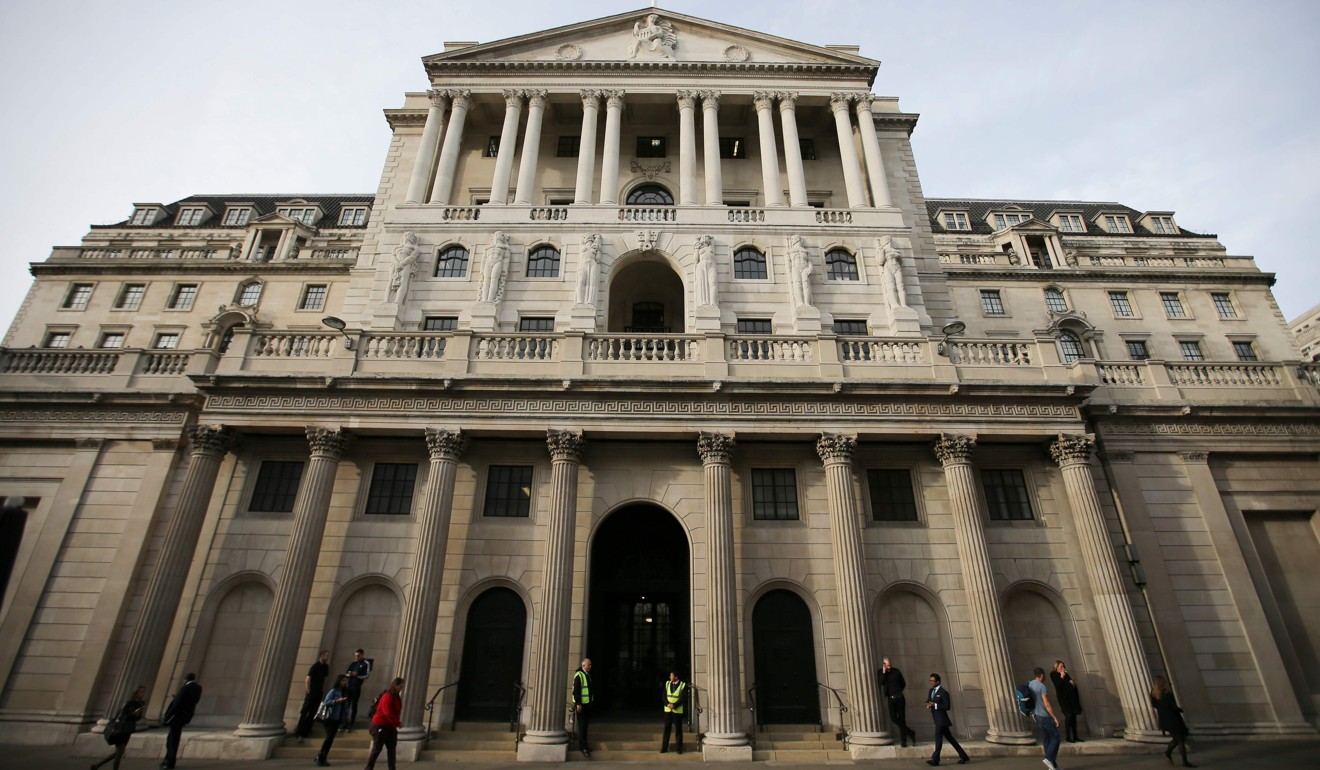
China has been studying the application of several regulatory models overseas, Zhou said at a press conference last week. The governor, a scholar of world economic history, has a penchant for delivering off-the-cuff treatises on comparative regulations, either in Chinese or English.
He mentioned the “twin peaks model” of financial regulation adopted by the UK after the global financial crisis in 2008, that saw the Financial Services Authority (FSA) cease to exist, and its work split between two new regulatory authorities.
China is likely to “observe for a bit longer” before deciding the structure to adopt, emphasising the PBOC will play a bigger role in the regulatory regime in future, Zhou said.



